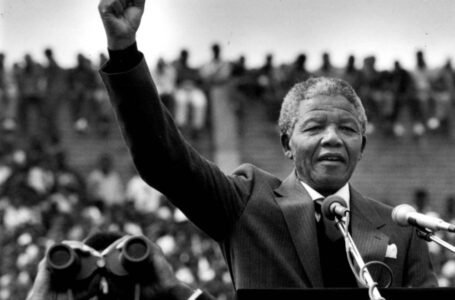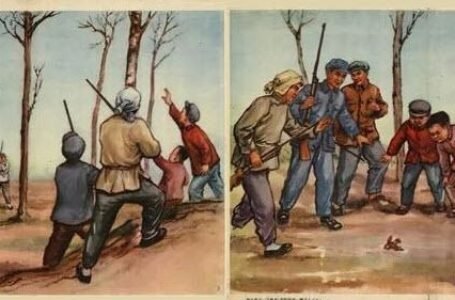Potti Sreeramulu: The man who birthed a state
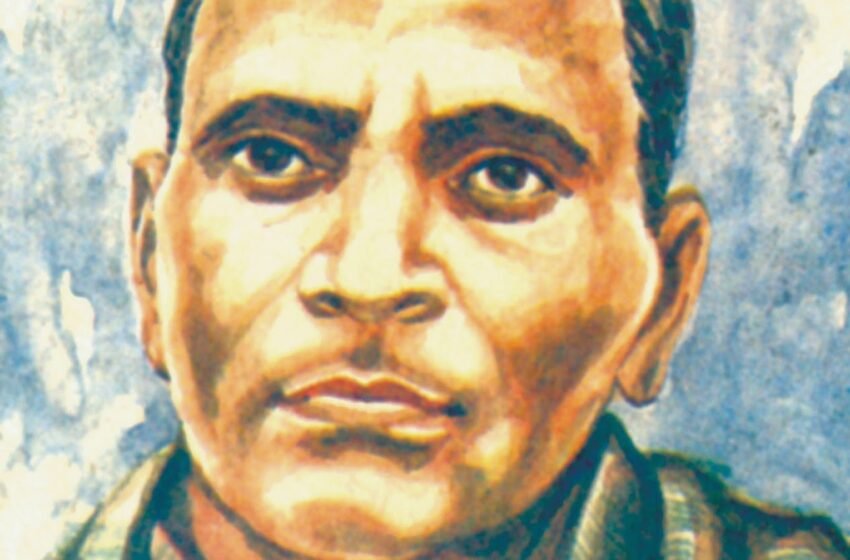
Potti Sreeramulu, also known as ‘Amarajeevi’ i.e immortal being is an iconic figure in Indian history, who is celebrated as a freedom fighter and his sacrifices for the Telugu-speaking population. His life is a witness to his unwavering dedication, patriotism, and an resilient spirit that continues to inspire countless generations. Today, we delve into the undying legacy of Potti Sreeramulu, his contributions to the Indian freedom struggle, and his role in the formation of Andhra Pradesh.
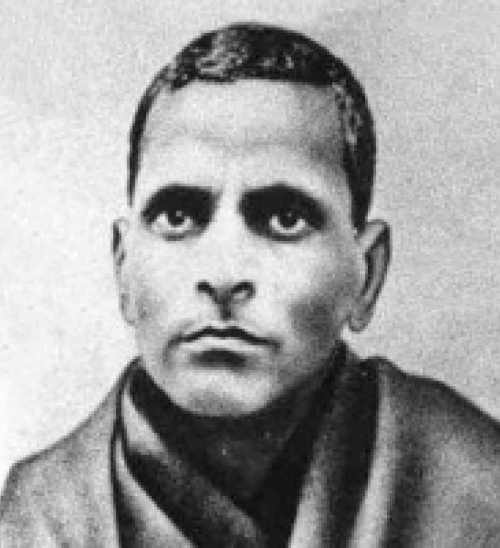
EARLY LIFE AND EDUCATION
Potti Sreeramulu was born on March 16,1901, to a Telugu Hindu family in the Nellore District. However, after the occurence of a famine, his family shifted to Madras presidency (present-day Chennai) in Tamil Nadu. From a young age, he was taught the value of righteousness and imbibed a deep sense of duty. Sreeramulu pursued his primary education and high school in Madras and then moved to study in Bombay at the Victoria Jubilee Technical Institute to pursue a degree in sanitary engineering. After graduating, he took up a job at the Great Indian Peninsular Railway. Two years later, he resigned and joined Gandhi’s Sabarmati Ashram. Despite having a promising career, his interest in the Indian Independence movement became his driving force.
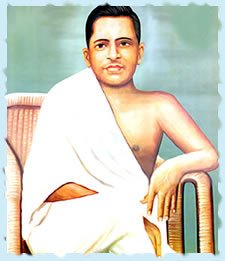
ACCEPTANCE OF GANDHIAN IDEOLOGIES
It did not take long for Sreeramulu to become a devout follower of Gandhi. He was particularly influenced by his principles of non-violence and Satyagraha (truth force). He even participated in the Salt Satyagraha and was imprisoned for being a part of it. Gandhiji, impressed by Sreeramulu’s devotion, quoted, “If only I have 11 more followers like Sreeramulu, I can win freedom from British rule within a year”. In 1941-42 he participated in the Individual Satyagraha and Quit India Movement.
Apart from that, he participated in village upliftment programmes in Gujarat and Andhra Pradesh. He was imprisoned upto three times upto this period due to his involvement in activities of civil disobedience, however this did not deter him from resisting British rule in any way. Sreeramulu’s commitment to the freedom struggle was not limited to mere participation in protests and agitations. He was also actively involved in social reforms, particularly focusing on the upliftment of marginalized communities, including Dalits and Adivasis. His efforts to eradicate untouchability and promote social equality were in line with Gandhi’s vision of an inclusive India. He encouraged the widespread production of the charkha and was known to be unbiased towards people regardless of class, creed and gender. Although a freedom fighter in his truest sense, Sreeramulu’s most significant achievements lie as a social reformer.
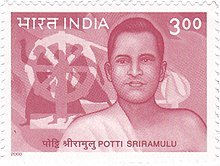
He was known to advocate for the rights of the underprivileged. He undertook three major fasts between 1946 and 1948 to support the Dalit caste (who Gandhi referred to as Harijans) and help them achieve the right to enter holy temples in Nellore. Because of his fasting protest, the rights for the Dalits to enter holy places were finally secured. This protest led to the upliftment of the Dalit community, furthered by his other reform activities such as walking across the city with empowering slogans for the Dalits, barefoot in the sun.
Multiple communities and village officials, including the people from his caste opposed, threatened to disown him. Sreeramulu was considered insane by many rigid villagers. However, it was Sreeramulu’s unmatched confidence in himself that made him indifferent to such actions of others.
VOICE OF THE TELUGU POPULATION
While Sreeramulu’s most enduring legacy lies in his relentless pursuit of statehood for the Telugu-speaking community. The societal and cultural recognition of the Telugu speaking population had long been overlooked. The Telugu population under the Madras Presidency, was upset with the neglect displayed towards them by the government, leading to widespread discontent and neglect.
Sreeramulu had recognized the need for a separate Telugu-speaking state that could address the public-demands and the societal needs of the Telugu people. He believed states formed from linguistic lines foster better administration, cultural preservation, and instill societal harmony. With this vision, he embarked on a mission to create a separate state for Telugu-speaking individuals with Madras as its capital.

THE HISTORIC FAST UNTO DEATH
In 1952, Potti Sreeramulu undertook a historic fast, demanding the creation of a separate state for Telugu-speaking people, called Andhra Pradesh. And he vowed not to eat a morsel of food until this collective wish was fulfilled. His fast began on October 19, 1952, and continued for a burdensome period of 58 days.
Finally Jawaharlal Nehru succumbed to the protest of Sreeramulu and agreed to the formation of a separate state. Despite showing agreement on this issue, little to no improvements were made on this issue. Several political leader advised Sreeramulu to cease the deadly fast, however he was steadfast in his resolve and was committed to achieving his goal of Andra Pradesh.
The fast drew national attention and sparked mass-agitation across Telugu-speaking regions. The government, initially reluctant to accept his demands, was now compelled to act upon it due the growing unrest it was causing. Unable to deescalate the situation, the government now agreed upon the formation of Andhra Pradesh. However, Potti Sreeramulu died on December 15, 1952, as a result of his prolonged fast.
CREATION OF A SEPARATE STATE
Despite not being able to see his hard work come to fruition, Sreeramulu’s sacrifice was not in vain. His death became a turning point in the struggle for linguistic states in India. The massive outpouring of grief and the violent protests forced the Indian government to reconsider their stance. On October 1, 1953, Andhra Pradesh was established as the first linguistic state in India and changed the course of history with its formation.
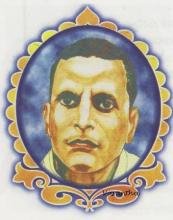
The creation of Andhra Pradesh was a monumental achievement that validated Sreeramulu’s hard work. It highlighted the essence of linguistic and cultural identity in India’s federal structure. His legacy as “Amarajeevi” (immortal being) is etched in the hearts of the Telugu people, who continue to revere him as a martyr for their homeland.
Potti Sreeramulu’s legacy extends beyond the borders of Andhra Pradesh. His life and sacrifice serve as a powerful reminder of the importance of consistent dedication and its potential to bring about transformative change. Sreeramulu’s commitment to non-violence and his belief in the power of peaceful protest remain relevant in the contemporary struggles for justice and equality.
Several institutions, landmarks, and awards are named in his honor, ensuring that his contributions are remembered and celebrated. The Potti Sreeramulu Telugu University in Hyderabad, established to promote Telugu language and culture, stands as a testament to his endless impact.
Additionally, statues and memorials erected in various parts of Andhra Pradesh and Telangana to serve as constant reminders of his immortal sacrifice.
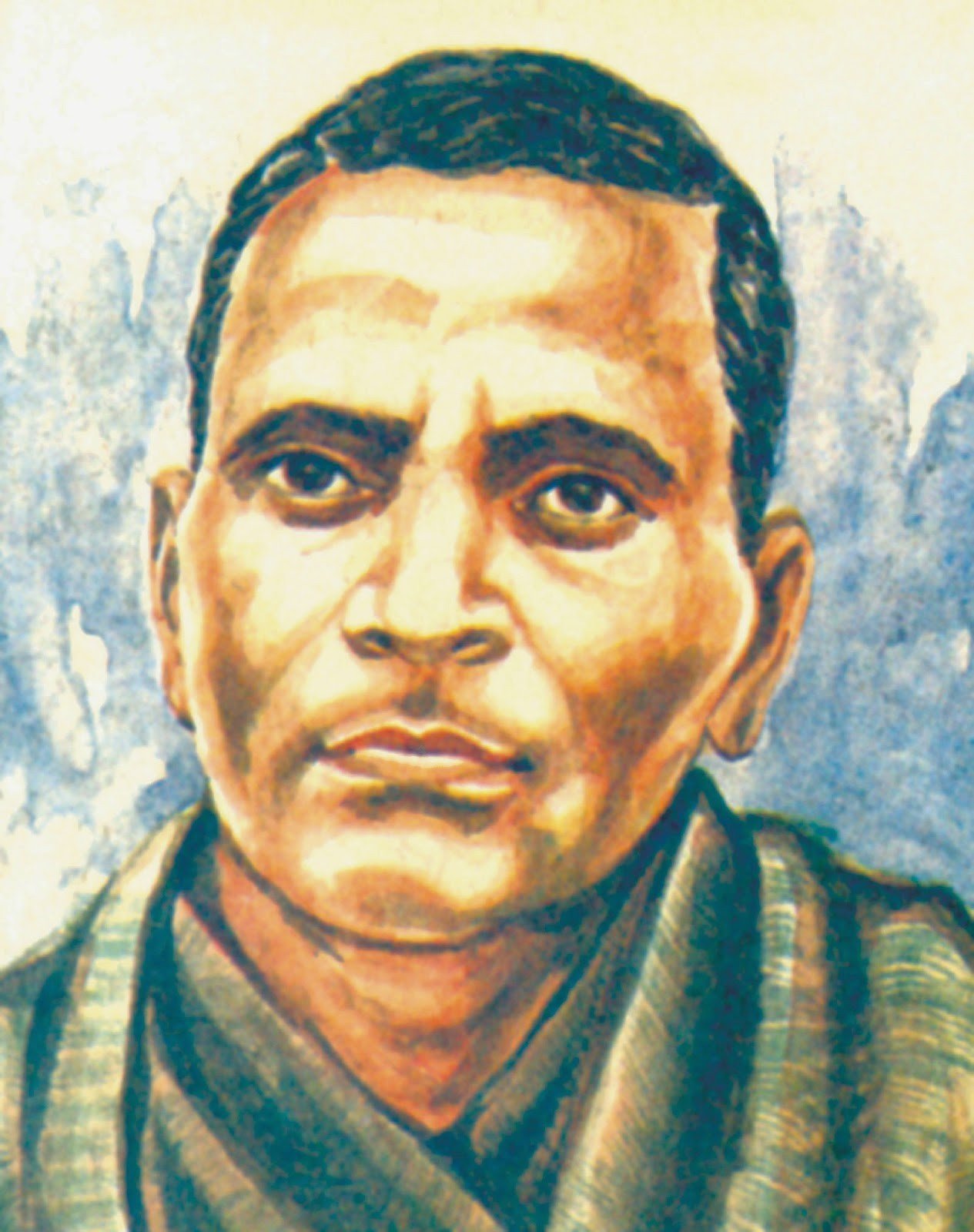
CONCLUSION
Potti Sreeramulu’s life and legacy continue to inspire and aspire people to be him all across India. His contributions to the freedom struggle, advocacy for social justice, and unwavering commitment to the cause of Telugu people have left an indelible mark on the nation’s history. As we remember and honor Sreeramulu, we are reminded of the power of selfless dedication, endless determination and the enduring impact of individuals who dare to dream and strive for a better world.
Potti Sreeramulu’s story is not just a chapter in the history of Andhra Pradesh but a shining example of the potential for ordinary individuals to effect extraordinary change. His legacy serves as a guiding light for future generations, encouraging them to stand up for themselves and for those around them. His beliefs, fight for justice all contributed to the greater good of society. His life teaches us that one person’s determination and sacrifice can indeed reshape the destiny of an entire generation and leave a long lasting legacy that transcends time and borders.

